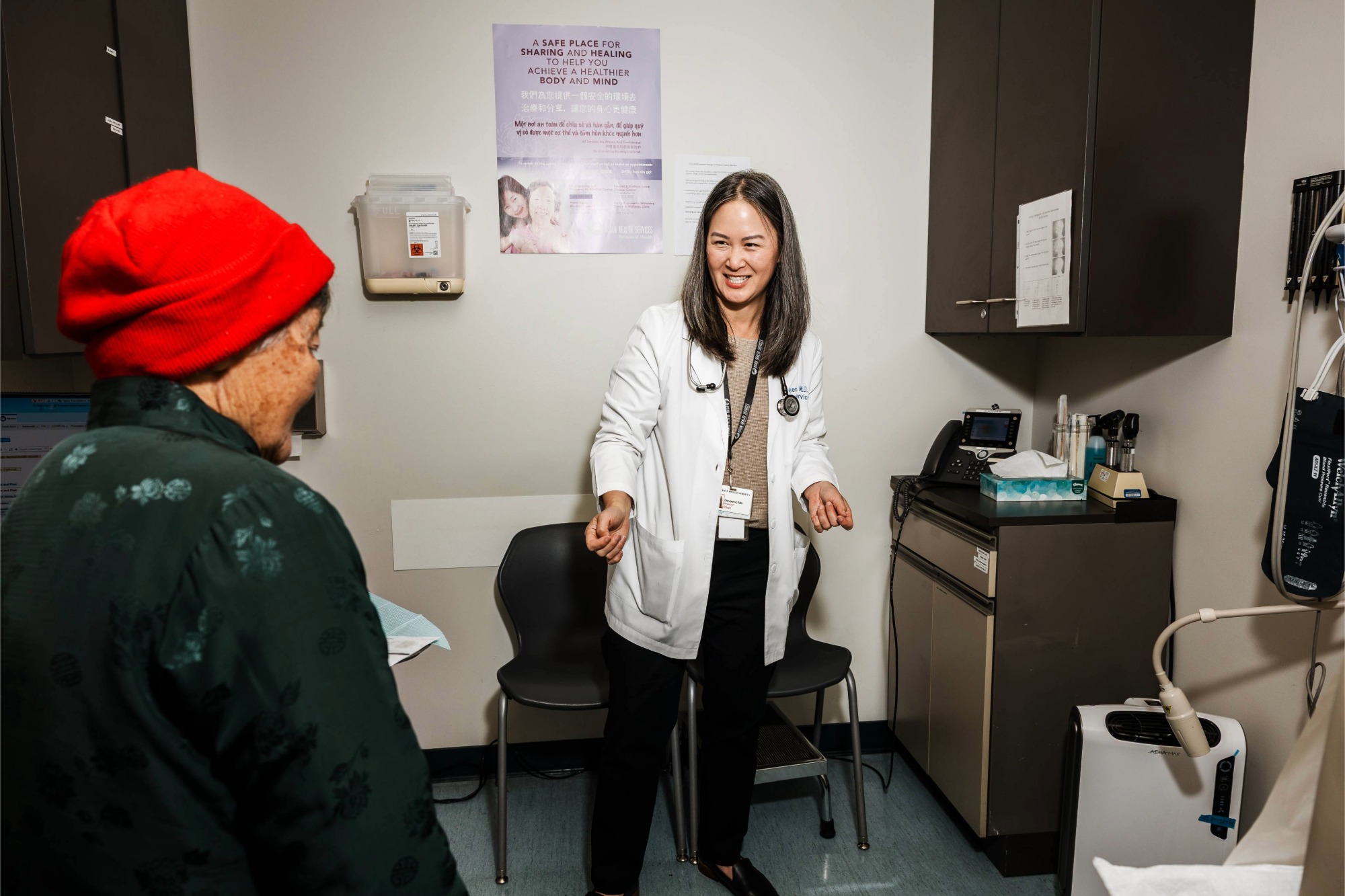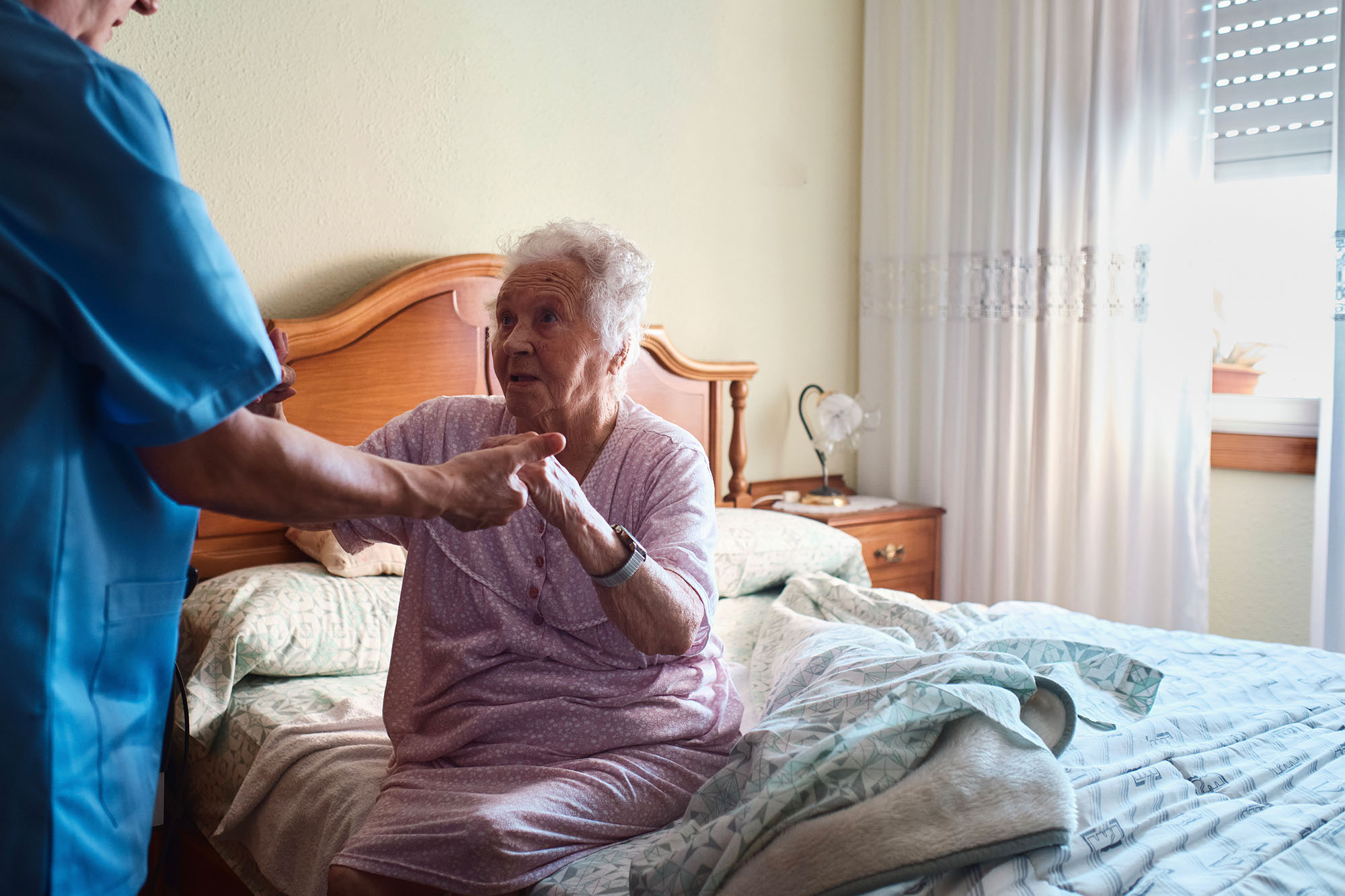Opportunity: Improve the quality and availability of data to enhance understanding of palliative care providers, patients receiving care, and resulting outcomes.
Potential stakeholder actions:
To effectively track and improve access and quality, stakeholders — such as payers, providers, policymakers, and researchers — need to know the organizations and providers who do or who could deliver palliative care, the patients who have received or should receive it, and the resulting outcomes. However, incomplete and sometimes inaccurate data have led to:
- Limited insight into regional palliative care capacity. A lack of comprehensive knowledge about organizations delivering palliative care and overall capacity in specific regions inhibits referrals, impedes the development of payer networks, and hinders readiness assessments.
- Inadequate understanding of palliative care access, uptake, and impacts. A lack of consistent and reliable methods for identifying patients who have received palliative care prevents a comprehensive assessment of gaps in access, uptake, and outcomes.
- Inability to easily identify palliative-appropriate patients. Difficulties in identifying patients who likely would have benefited from palliative care make it difficult to assess outcomes and measure unmet needs.
- Inability to assess equity issues. Limited information regarding the racial and ethnic characteristics of seriously ill patients curtails the ability to evaluate inequities in access and outcomes.
Action: Strengthen efforts to enhance data quality for seriously ill patients.
Accurate and complete data within health care claims and electronic health care records would make it easier to identify people who would benefit from palliative care and to assess disparities in access and outcomes. For example:
- Accurate information about race, ethnicity, and linguistic preferences/capabilities would help stakeholders determine if palliative care is equitably available and used. It will also help with assessments of differences in outcomes across populations.
- Functional status, assessment of caregiver burden, and other information that signals need for palliative care would make it easier to define the palliative-relevant population and evaluate how many eligible patients actually receive palliative care.
Health systems, health plans, medical groups, and palliative care providers can all act within their respective spheres of influence to promote the accuracy, completeness, and accessibility of data needed to optimize the delivery and evaluation of palliative care.
Action: Develop an ICD-10 code for specialty palliative care.
Introducing a dedicated ICD-10 code (see “Definitions”) for specialty palliative care would help track palliative care encounters across settings. This would yield valuable insights for quality assessments, research, and policy decisions.
Definitions
ICD Codes. International Classification of Diseases and Related Health Problems (ICD) codes are used by providers and payers to flag diseases, symptoms, social circumstances, and external causes of injury or diseases, as well as services delivered by health professionals. The current version of the ICD, the 10th revision, is called ICD-10.
An ICD-10 code for “palliative care encounters” (code Z51.5) is available. However, this code does not necessarily indicate the involvement of palliative care specialists. Z51.5 is used to categorize admissions or encounters in any setting related to comfort care, end-of-life care, and hospice care for terminally ill patients. Its current use may indicate a range of interventions; for example, that a hospital medicine doctor oversaw the delivery of comfort care to a dying patient or that a patient was seen by a specialty palliative care team in a palliative care clinic.
The absence of a dedicated ICD-10 code for specialty palliative care poses challenges in identifying patients who have received specialty palliative care across different settings and payers. Consequently, assessing outcomes for palliative care at the population level, including understanding care gaps, becomes quite challenging. Once an ICD-10 code is established, palliative care stakeholders at all levels must promote its use.
Action: Develop and maintain a statewide database of palliative care providers.
Limited data exist regarding the providers delivering palliative care services and the extent to which those provider organizations have the infrastructure, policies, and practices aligned with expert consensus best practice recommendations, minimum standards, and associated measures.
In other areas of health care, such as hospice or home health, providers must obtain certification or licensure, resulting in publicly accessible provider registries and information about which organizations offer specific services. However, no such information is available for palliative care, regardless of the setting. Although palliative care organizations can voluntarily pursue certification for their inpatient or home-based services through entities like The Joint Commission or the Community Health Accreditation Partner, only a fraction of active palliative care providers do so.
Establishing a statewide palliative care provider database would offer substantial benefits by enhancing knowledge of provider capacity and providing deeper insights into the characteristics, competencies, and performance of palliative care providers.
Resources from the Field
- Data Blind Spots: Identifying Palliative Care (webinar) (Center to Advance Palliative Care)
- Addressing Serious Illness Care in Medicare Advantage (New England Journal of Medicine)
Actions for Stakeholders
Learn more about each action (PDF), including how all stakeholders can commit to this opportunity.
For full source information, see California’s Palliative Care Evolution — Opportunities to Further Advance Palliative Care in California (PDF).






